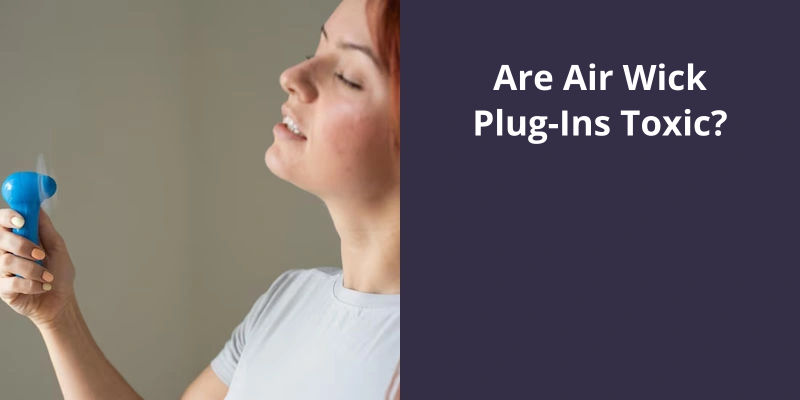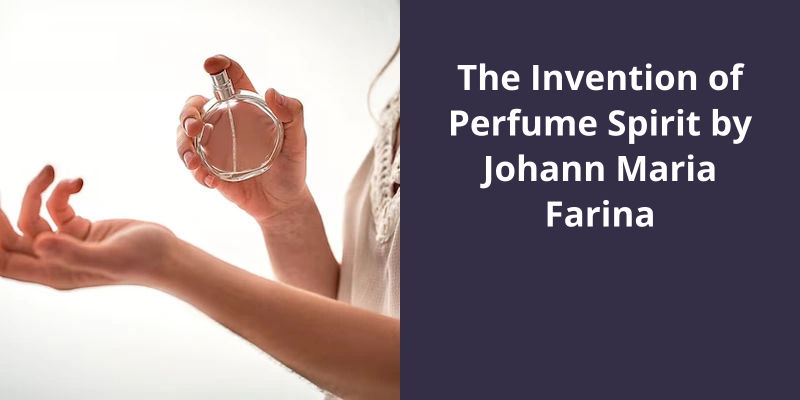Air Wick Plug-Ins are generally safe to use. The fragrances are primarily composed of natural essential oils. However, if used improperly, they potentially could cause some health risks. While they are safe in normal use, they might trigger allergic reactions for some people. People with asthma or lung problems could potentially experience difficulties with the strong scents, especially in poorly ventilated areas. Similarly, it’s essential to keep them out of reach of children and pets, because the concentrated liquid can be harmful if swallowed or make contact with the skin. It’s best to use Air Wick Plug-Ins as instructed by the manufacturer to ensure they are safe.

Are Plugin Air Fresheners Toxic?
Many people rely on plugin air fresheners to keep their homes smelling fresh and clean. However, there’s growing concern over the potential toxicity of these products. According to Made Safe, an organization that rigorously screens products for potential health hazards, air fresheners can emit endocrine disruptors and carcinogens. These harmful substances include benzene, formaldehyde, phthalates, toluene, acetaldehyde, and more.
Benzene, a known carcinogen, is commonly found in the fumes of gasoline and is also emitted by certain air fresheners. Long-term exposure to benzene has been linked to an increased risk of leukemia. Formaldehyde, another carcinogen, is a common ingredient in many air fresheners. This chemical can irritate the respiratory system and has been associated with allergies and asthma.
Phthalates are a family of chemicals that are often used to add fragrance to products, including air fresheners. These chemicals have been linked to reproductive and developmental issues, as well as endocrine disruption. Toluene, a solvent commonly found in air fresheners, can cause dizziness, headaches, and respiratory issues.
Acetaldehyde is a volatile organic compound (VOC) that’s emitted by certain air fresheners. Prolonged exposure to acetaldehyde has been associated with respiratory issues, eye irritation, and even cancer. These potential health risks make it important to consider the safety of using plugin air fresheners in our homes.
During pregnancy, it’s important to be cautious about the products we use in our homes, as certain chemicals can have negative effects on both the mother and the developing baby. Airwick plugins, commonly used as air fresheners, contain volatile organic compounds (VOCs) and artificial fragrances. These components can potentially be harmful when inhaled regularly, especially when used indoors. This raises concerns about the safety of using Airwick plugins during pregnancy, as VOCs can build up in the air, posing a risk to the health and well-being of both the mother and her baby.
Are Airwick Plugins Safe for Pregnancy?
During pregnancy, it’s advisable to minimize exposure to potentially harmful substances, including volatile organic compounds (VOCs) and artificial fragrances. Air fresheners and aerosols, such as Air Wick plugins, contain these compounds and fragrances, posing a potential risk. VOCs are released into the air when these products are used indoors, and prolonged exposure can lead to their accumulation, potentially causing health problems for both the mother and the developing baby.
Moreover, artificial fragrances often contain chemical components that may be problematic, including phthalates and terpenes, which have been linked to hormonal imbalances and respiratory issues. It’s important to note that exposure to these substances may vary depending on individual sensitivity and the frequency and duration of use.
Conclusion
Despite the efforts of the brand to provide transparency, it’s clear that their scented oils, room sprays, and other fragrance products contain numerous harmful substances. These include known carcinogens, allergens, irritants, and other chemicals that can have detrimental effects on our health. As consumers, it’s vital to educate ourselves about the potential dangers associated with these products and seek safer alternatives for a healthier indoor environment.





